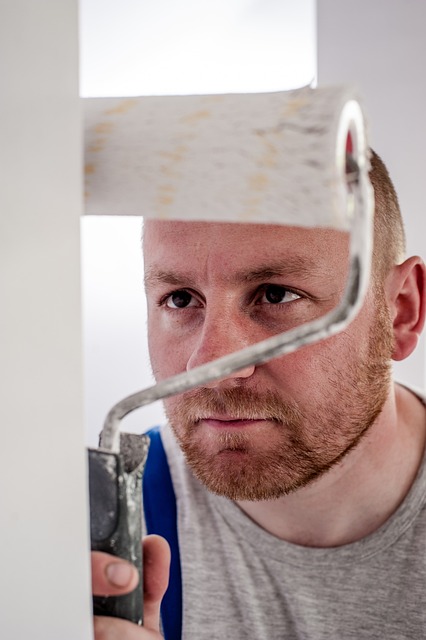Water heater repair is a vital home maintenance task addressing common issues like temperature regulation malfunctions and sediment buildup. Prompt diagnosis using tools like error codes and temperature settings prevents severe problems like corrosion and tank failure. Basic troubleshooting can fix simple issues, but complex gas or electric problems may require professional help from a plumber. Regular maintenance, including annual flushing and checks for leaks/corrosion, promotes optimal performance and prevents unexpected failures.
Need swift water heater repair? This comprehensive guide offers a roadmap for both DIYers and those needing a professional. We’ll break down common issues, from temperature control problems to leaks and no hot water. Learn essential diagnostics steps and required tools. For minor fixes, follow our simple step-by-step guide. Discover when it’s best to call a plumber and maintain your heater to avoid future breakdowns. Get expert tips for fast, effective water heater repair.
Understanding Common Water Heater Issues
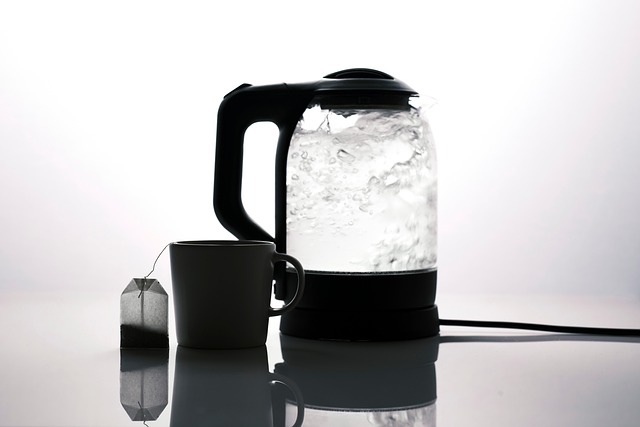
Water heater repair is often a necessary task for homeowners, as these appliances are integral to our daily routines. Understanding common issues can help in identifying problems early on, allowing for prompt and efficient repairs. One of the most frequent water heater concerns is temperature regulation malfunction, resulting in either scalding or lukewarm water. This issue may stem from faulty thermostats or heating elements, requiring careful inspection and potential replacement.
Another prevalent problem is sediment buildup, which can cause reduced water pressure and efficiency. Over time, minerals and debris accumulate at the bottom of the tank, impacting its performance. Regular flushing is a preventive measure, but when left unchecked, it may lead to more severe issues like corrosion or even tank failure. Recognizing these typical problems empowers homeowners to take action, ensuring a steady supply of hot water and extending the lifespan of their water heaters.
Diagnosing the Problem: Steps to Take
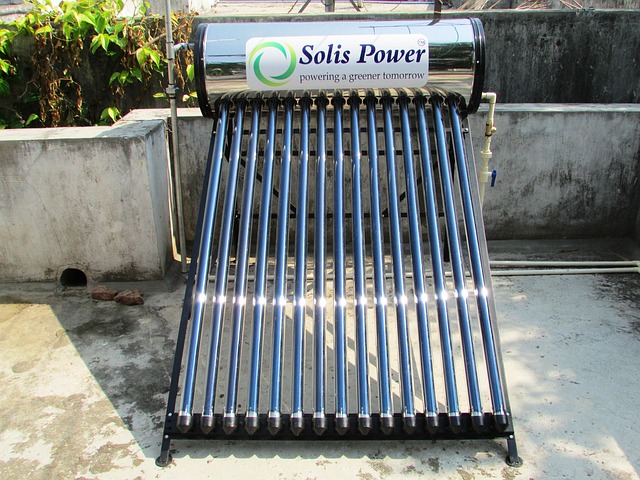
Diagnosing a water heater issue is the first step in fast repair. Start by checking for common indicators like inadequate hot water, unusual noises coming from the heater, or leaks around connections. These symptoms can often point to problems like a faulty dip tube, sediment buildup, or damaged heating elements.
Next, locate and read any error codes displayed on the control panel—if your heater has one. These codes provide valuable clues about the specific malfunction. Additionally, inspect the temperature settings, ensuring they’re appropriate for your needs. Remember, accurate diagnosis is key to successfully and swiftly fixing your water heater.
Tools and Materials for Repair

When it comes to fast water heater repair, having the right tools and materials is essential. Basic tools needed include a wrench or pliers for securing connections, a screwdriver for accessing control panels, and possibly a pressure gauge to check gas flow (for tankless heaters). For more complex issues, you might require specialized tools like a heat gun for isolating elements or a multimeter to test electrical components.
Materials for repair can vary depending on the type of water heater and the specific problem. Common necessities include replacement parts such as thermostats, heating elements, dip tubes, and pressure relief valves. Additionally, having a supply of insulating tape, pipe wrenches, and safety gear like gloves and goggles is advisable to ensure a safe and effective repair process for your water heater.
Fixing Basic Problems: A Step-by-Step Guide
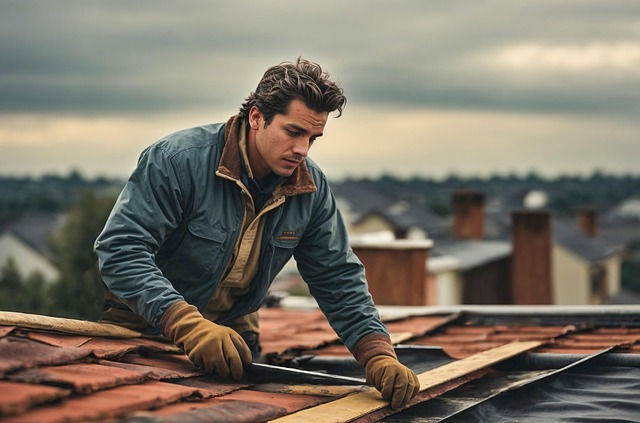
When it comes to fast water heater repair, addressing basic problems can often be accomplished with a few simple steps. Start by checking the most common culprits: the thermostat and heating element. A faulty thermostat can fail to maintain the desired temperature, while a damaged or outdated heating element may not heat the water effectively. These parts are relatively easy to access and replace, making them ideal first points of inspection.
If the thermostat is defective, adjusting or replacing it might resolve the issue. Similarly, if the heating element is at fault, swapping it out for a new one could get your water heater working smoothly again. Ensure you have the right replacement parts and follow safety guidelines throughout the process. For more complex issues, it’s advisable to consult a professional plumber to diagnose and fix problems related to gas or electric water heaters.
When to Call a Professional Plumber
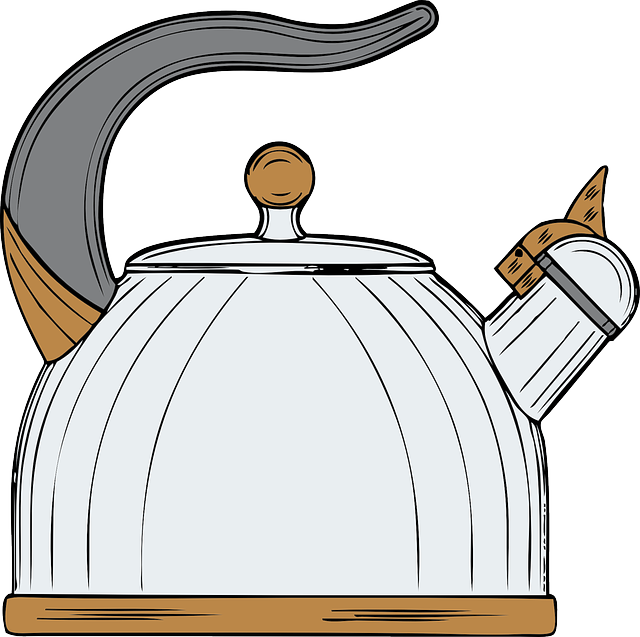
If you’ve tried troubleshooting common water heater issues like a weak shower or cold water, and nothing has worked, it might be time to call a professional plumber. While some minor problems can be fixed with simple DIY methods, more complex issues require expert knowledge and tools. A professional will be able to diagnose the problem accurately, whether it’s a faulty heating element, a leaking tank, or a gas line issue.
Water heater repair specialists have the expertise and experience to handle any water heater model and size. They can provide efficient solutions that ensure your hot water system is safe, reliable, and energy-efficient. Prompt professional intervention can prevent further damage, costly replacements, or even safety hazards caused by faulty plumbing.
Maintenance Tips to Prevent Future Breakdowns
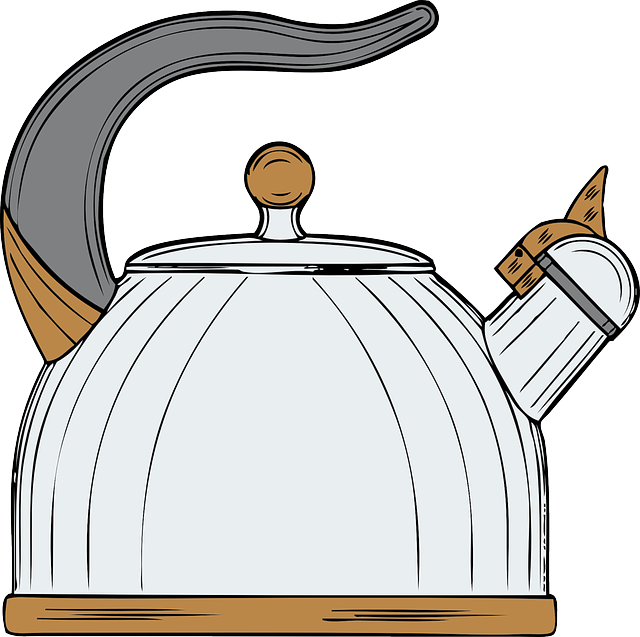
Regular maintenance is key to preventing future water heater breakdowns and ensuring optimal performance. Start by flushing your water heater at least once a year to remove any sediment buildup, which can reduce efficiency and cause heating issues. Check the temperature settings regularly; proper regulation ensures energy conservation and prevents overheating, a common cause of failures.
Additionally, inspect connections for leaks or corrosion, as even minor issues can lead to significant damage over time. Keep an eye on unusual noises coming from your heater, as they may indicate worn-out parts needing replacement. Timely maintenance involves examining the anode rod, which protects the tank from corrosion; if it appears damaged or corroded, consider water heater repair or replacement for peace of mind and to avoid unexpected breakdowns.
